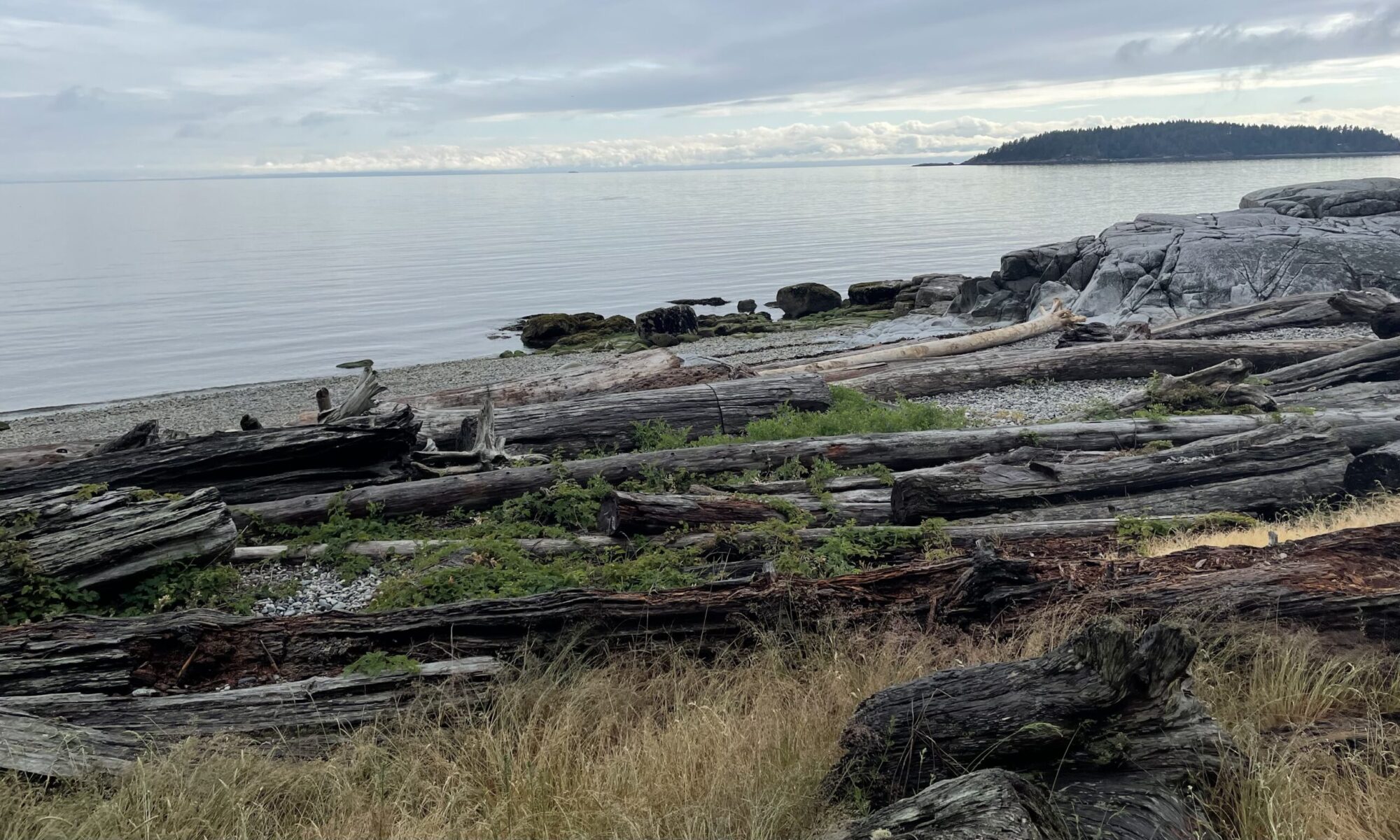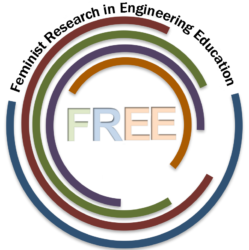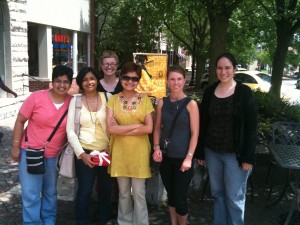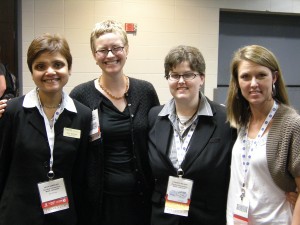I’m thrilled and honored to share with you that the National Science Foundation has funded my CAREER proposal, titled “Learning from Small Numbers: Using the personal narratives of underrepresented students to promote institutional change in engineering education.”
Over the last three decades, educators in engineering have made massive efforts to increase the numbers of women and people of color in engineering undergraduate programs. While numbers have improved, they have stalled at dispiritingly low levels. This project argues that most previous studies and interventions have been hampered by three challenges: (1) they tend to depend on statistical methods of generalization to understand the experiences of underrepresented people, despite the fact that the numbers of such people are usually too low to make analysis of them statistically significant; (2) these studies tend to result in interventions not in the structure of institutions, but in the behavior of students themselves, and in their adaptation to their institutions; and (3) such studies and interventions usually examine women and people of color at predominantly white educational institutions (PWIs), and thus fail to focus on institutions which have showed relatively better success.
This project responds to each of these challenges in turn. Rather than study students statistically, it will import research tools designed by sociologists to examine small numbers, in particular narrative analyses; rather than using its findings to shape student behavior and communicate with students, it will use them to investigate institutional structure and communicate with administrators; and rather than focusing on PWIs which have historically served such populations poorly, it will also include minority serving institutions (MSIs) allowing it to uncover not only problems, but also already-functioning solutions.
The research questions of this proposal are:
- How do underrepresented undergraduate engineering students describe their interactions with educational institutions through personal narratives?
- What institutional factors do these narratives reveal that affect the educational persistence and success of white women and students of color in undergraduate engineering educational institutions?
This research will use personal narratives about engineering education contributed by white women and students of color in undergraduate programs in order to understand how the structure of their educational institution assists and hinders their educational success. These narratives will be analyzed both deductively (informed by sociological theories of institutional structure and critical intersectional theories of gender and race) and inductively (deploying feminist and decolonizing methodological strategies and theories) to propose a new theoretical framework of ‘gendered’ and ‘raced’ institutions in the context of engineering education that can be incorporated into researchers’ and practitioners’ ways of understanding ‘underrepresentation.’
The educational plan for this project will prompt engineering leadership to ‘learn from small numbers.’ The plan uses tools borrowed from design research—‘personas’ and ‘informance’—to help department chairs, curriculum committee chairs and deans at PWIs envision data-driven responses to the question, “If my institution was designed around the experiences of women and people of color, what would it look like?” This exercise will provide engineering education leadership with new conceptual tools with which to reconsider the underrepresentation of women and people of color, and new strategies to increase their representation.
Intellectual Merit: This work will draw on accepted critical, feminist and decolonizing methods and theories used in education, sociology and women’s studies to construct an innovative theoretical framework and research method that will contribute to engineering education researchers’ understanding of the problem of underrepresentation. At the same time, it will advance our understanding of how institutional structure impacts underrepresented engineering students’ experience, and thereby open up an important new direction of research in diversity and underrepresentation in engineering education.
Broader Impact: The focus and participants of this engineering education research proposal are women and students of color in undergraduate engineering education programs, and the educational plan is directly oriented towards fundamental improvement of engineering educational institutions themselves. By directly providing engineering educators and leadership with a new understanding of the ways that white women and students of color interact with educational institutions, and by revealing unexpected problems and functional solutions, the integrated research and educational plan will directly impact the educational experiences of underrepresented engineering students at PWIs, which currently educate the largest numbers of engineering undergraduates in the US.
The award information can be found here.



